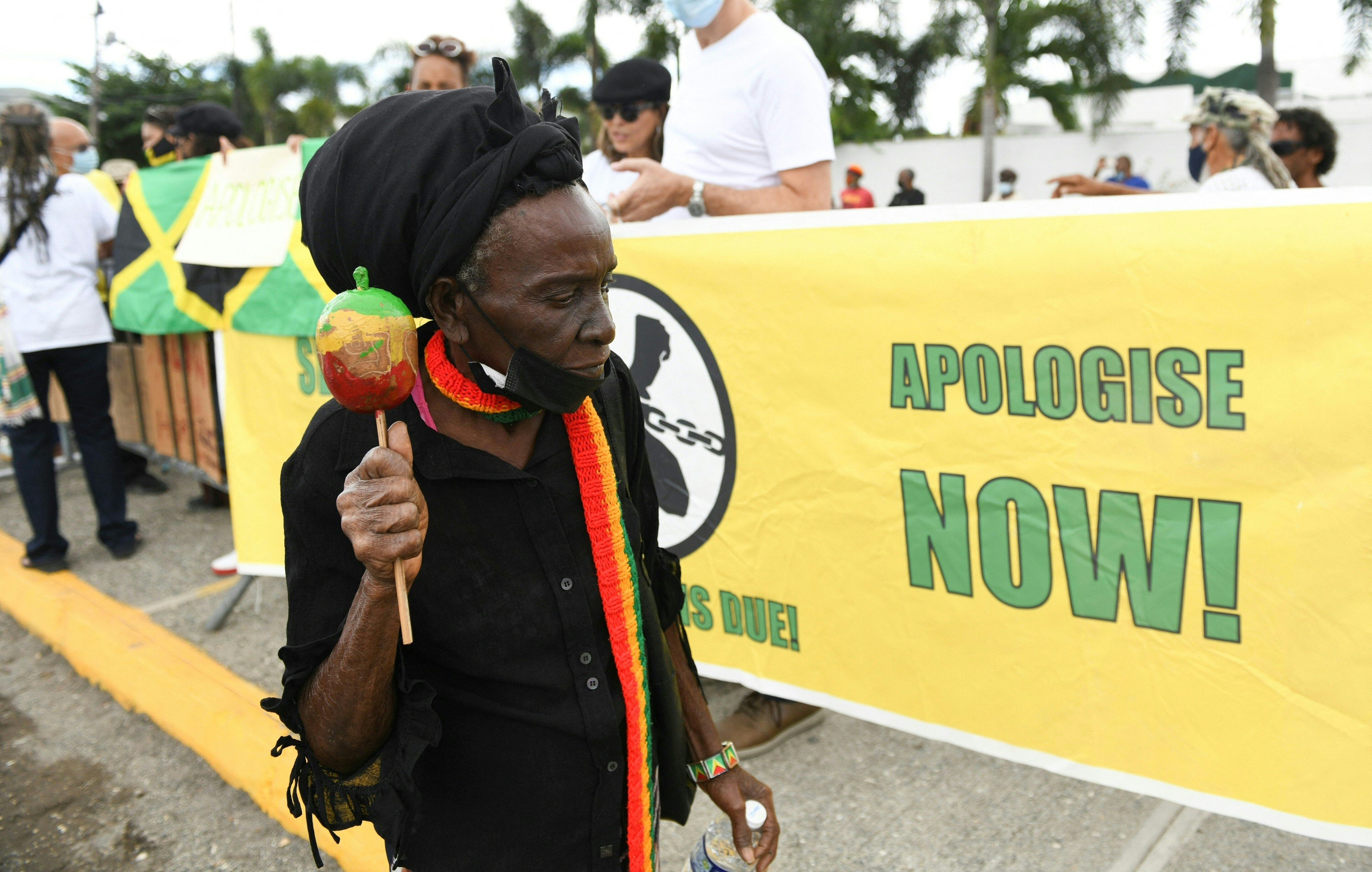
LONDON - Caribbean leaders hope that Britain under its new Labour government might shift its long-standing position on slavery reparations and agree to discuss how to address past wrongs and their current day legacy.
Consecutive British governments have rejected calls for reparations but the chairman of the Caribbean Community (CARICOM) reparations commission, Hilary Beckles, said this stance might change under the new Labour administration.
In 2016 CARICOM, which groups 15 member states including Jamaica and Barbados, sent letters to former European colonial powers including Britain, requesting a meeting on reparations. None agreed to it but renewed calls are expected soon.
"It is our intention to persist with this strategy of calling for a summit (with European nations) to work through what a reparatory justice model ought to look like in the case of the Caribbean," Beckles told Reuters this week.
CARICOM has its own reparations plan, which, among other measures, urges European countries to formally apologize and demands debt cancellation and technology transfers.
Britain's new foreign minister David Lammy is of Caribbean descent and often refers to himself as a descendant of enslaved people. In an interview with The Guardian newspaper before the election, Lammy said his family history would inform his work.
ALSO READ: British royals' Jamaica visit stirs demands for slavery reparations
"(Lammy) has been a supporter of the (reparations) discourse while he was in opposition," Beckles said. "The question is whether he would be given a free hand in his government... to take the matter to a higher level."
Britain's Foreign Office did not immediately reply to a Reuters request for comment on the government's position on reparations. Last year a Labour spokesperson said reparations were not party policy.
While the issue has been gaining momentum worldwide, it remains deeply disputed.
British Prime Minister Keir Starmer travels to Samoa for a Commonwealth heads of government meeting later this month where reparations are expected to be on the agenda.
ALSO READ: Does the Commonwealth have a future after Queen Elizabeth?
All three candidates running to be the next secretary-general of the Commonwealth, a 56-nation club headed by Britain's King Charles, support reparations.


